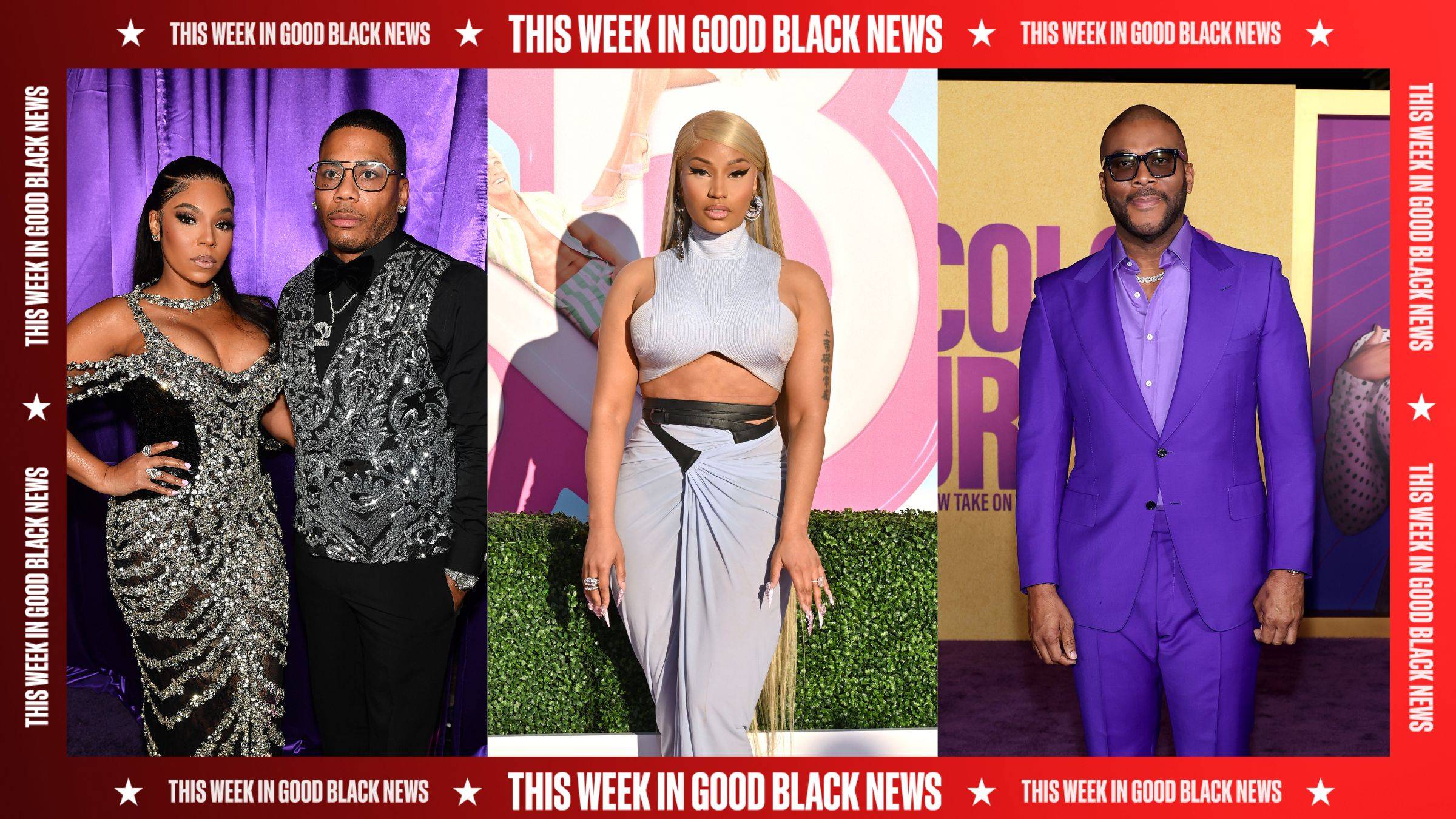Movie Review: 'Death Metal Angola'

 \r
\r
Summary: Jeremy Xido's surprisingly feel-good documentary on the popularity of "death metal" rock music in war-torn Angola.\r
Review: "Rock can clean my heart," says one of the young men in Death Metal Angola. Many musicians have said similar words, but coming from a teenager who survived the atrocities of war and found refuge in a sound that most would think is reserved for punk rockers in the suburbs of America, death metal wasn't just a past time, it was salvation. But Death Metal Angola goes beyond region, the heart of the story is how children thrive with arts and culture, regardless of genre. Music encourages learning, which is another reason why it is so disturbing arts programs are being cut in schools across America.\r
Detroit native and director Jeremy Xido follows a community of young people who survived a civil war, which ended in 2002. The mother of the film is Sonia Ferreria, whose love for children and community helped to save many souls. Her narrative of Angola's journey through colonization and civil unrest is sincere and more powerful than any "expert opinions." Xido's uses Ferreria as a vessel, letting her give an insider perspective as she runs an orphanage in the city of Okutiuka. In one scene, she takes in a nine-year-old boy named Pancho. A rare moment the cameras captured, all while young men are rehearsing for their first-ever rock music festival. Pancho finds a home and music.\r
Xido documents Ferreria and her partner, Wilker Flores, creating Angola's rock music festival for bands like Before Crush, Dor Fantasma and Black Soul to showcase their undeniable talent — expert guitar players, incredible drummers and, lyrically, their depth and vulnerability is as powerful as any American or European rock band. As one person said, they once heard the sound of bullets, now they are hearing the sounds of music.\r
But there are several frustrating missed opportunities in Xido's directorial debut. One, there isn't a clear explanation on how death metal became popular in an unlikely place (one of the young men said the drums in death metal are similar to African beats, which is the closest to an explanation). Two, there are story lines that disappear, such as a young boy named Yakuza who painted beautiful murals, but after a slight mention, his name is never brought up again. Lastly, there is no perspective of how this music is received by the other locals. Lyrically, the words are deeply political and the sound is is extremely aggressive. "Death metal" by many in America is considered freakish and scary. Do these bands receive any backlash? If not, why? In these moments, Xido left much to be desired, but he redeems himself when the film ends on a joyful note due to the success of their first rock festival.\r
Most importantly, Death Metal Angola is not another doc that depicts Africans as unruly or uncivilized. Instead, Xido highlighted their gifts, poetry and honesty. This isn't a film about war in an African country, it is a story of how music saves anyone, anywhere.





